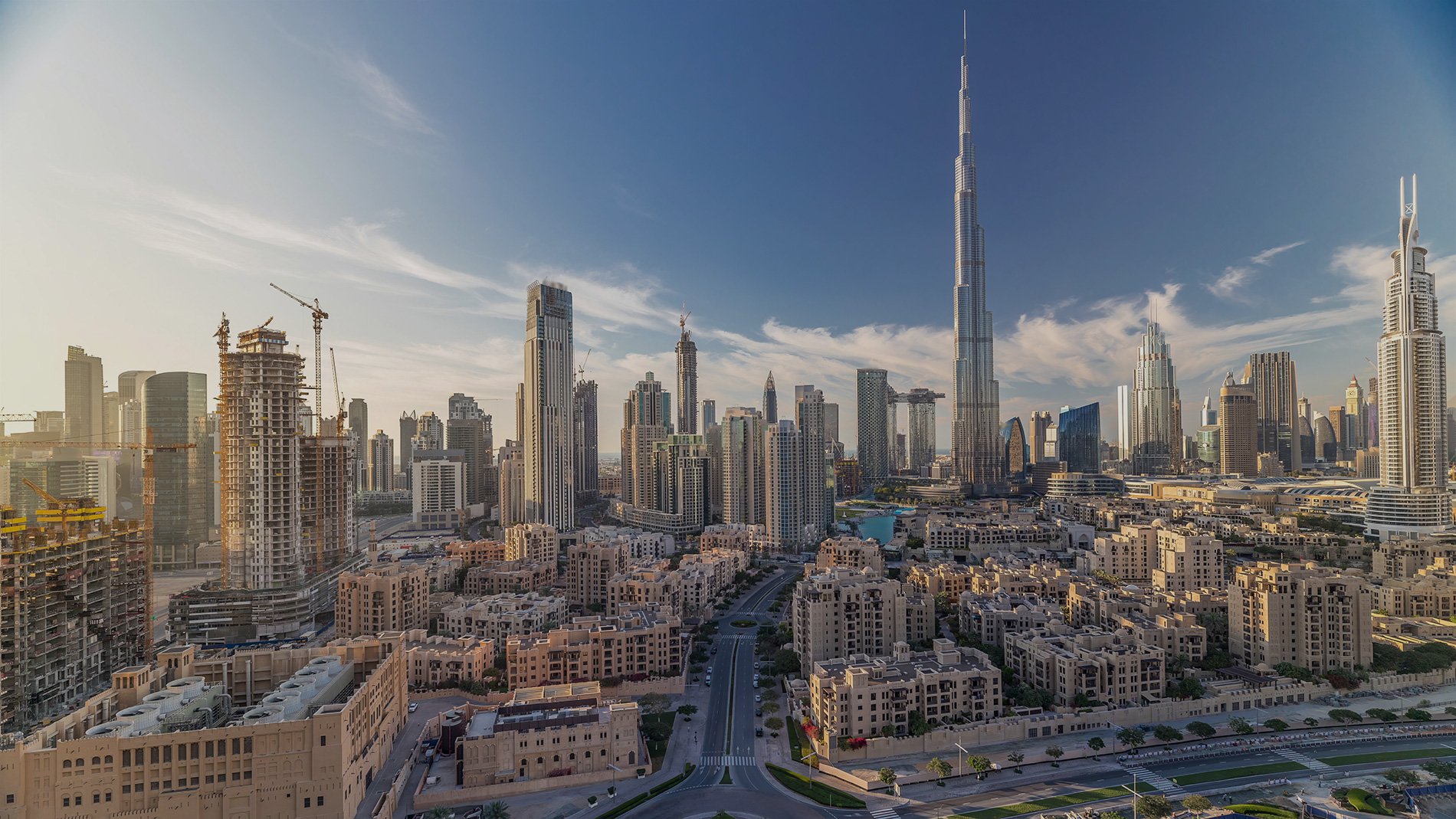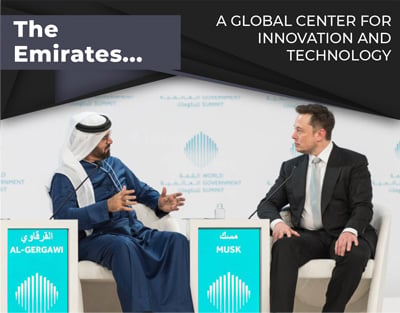Dubai is gearing up for a record-breaking year in real estate handovers, with 44,000 residential units expected to be delivered in 2025 — the highest figure in five years. This milestone reflects the completion of many developments launched during the post-pandemic boom, according to a new market analysis by Cushman & Wakefield Core.
The real estate consultancy highlights that Dubai is currently experiencing a strong supply cycle, with a robust development pipeline unfolding in the near term.
In the third quarter of 2025 alone, over 7,800 units were handed over, with an additional 14,900 units anticipated in Q4. This would bring the total to 44,000 units for the year — a clear indicator of the city’s dynamic residential market.
Even More Growth Expected in 2026
Looking ahead, 2026 is expected to see an even greater number of completions, with projections exceeding 69,000 units. This surge in supply is largely driven by projects launched over the past three to four years reaching completion.
Despite the growing inventory, demand remains robust — supported by strong population growth — which continues to drive absorption across the city. While the market is expected to moderate slightly, this balance is seen as a sign of maturity and long-term stability.
“The combination of record completions and consistent population inflows is creating a more balanced market where fundamentals like location and quality will play an increasingly important role,” said Prathyusha Gurrapu, Head of Research and Advisory at Cushman & Wakefield Core.
She noted that while core areas are likely to maintain stability, secondary locations may adapt to the evolving supply landscape.
Slower Price Growth, but Continued Demand
According to property portal Bayut, the influx of new supply could lead to a slowdown in overall price growth. However, established communities are expected to remain in high demand, thanks to solid infrastructure and consistent interest in premium living.
With Dubai’s population now surpassing 4 million, demand is extending across all residential segments — a trend that aligns well with government initiatives like the Dubai Economic Agenda D33 and the Dubai Urban Master Plan 2040, both of which promote sustainable development and urban expansion.
“Dubai’s real estate market is clearly entering a new phase of maturity and stability,” said Haider Ali Khan, CEO of Bayut. “While investor sentiment is becoming more measured and price growth moderates, existing communities continue to perform strongly due to their solid fundamentals.”







Leave a Reply